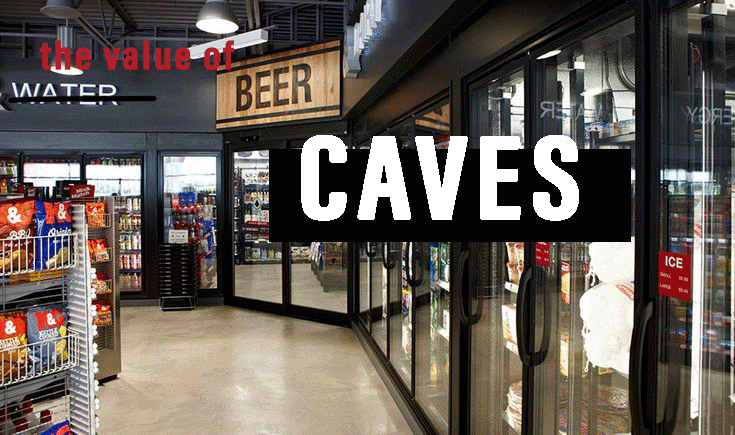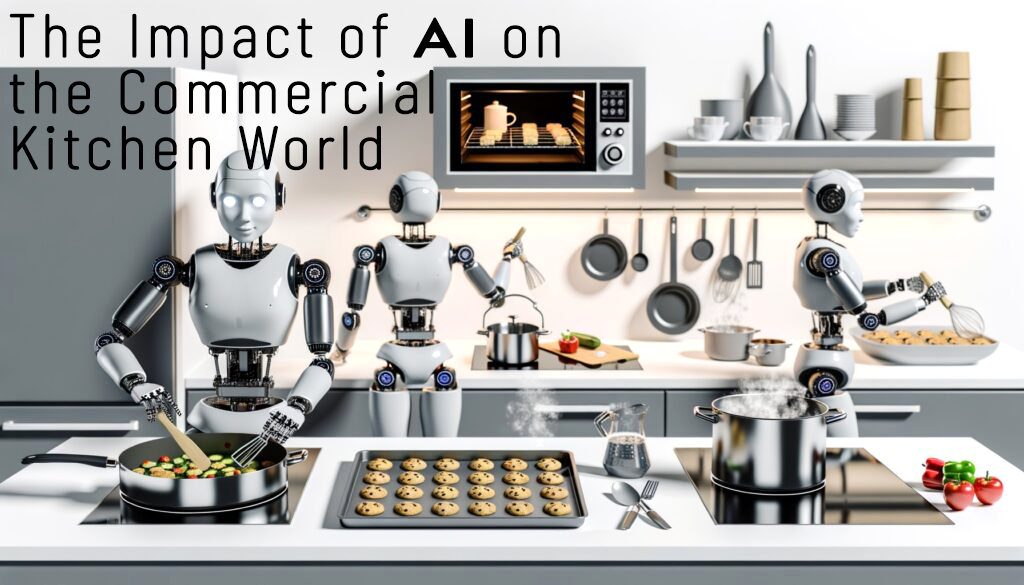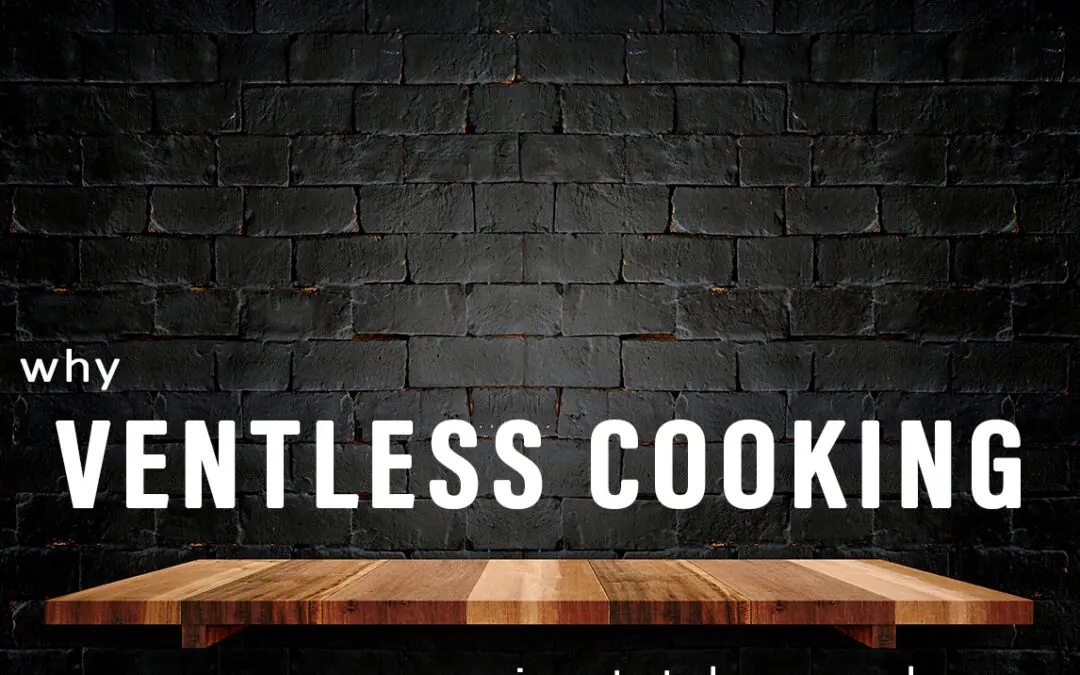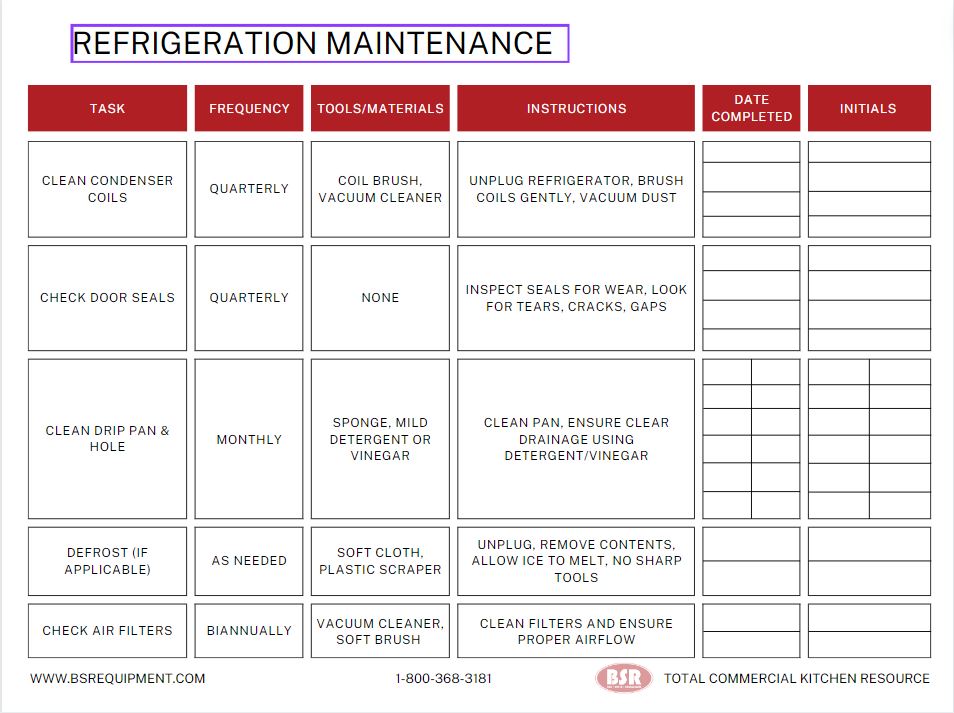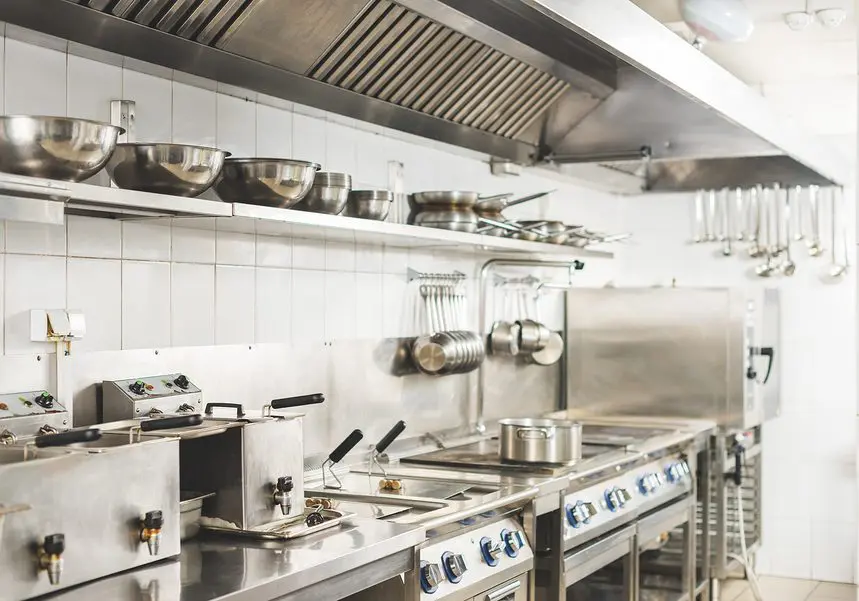
What Your Health Inspector Looks For
…And How to Pass with Flying Colors!
Want to pass your next health inspection with total confidence? Here’s what your health inspector is really looking for—and how to stay ahead of the game. Keeping your commercial kitchen clean, safe, and compliant not only protects your customers but also keeps your operation running smoothly.
1. Food Safety Procedures
Certified Food Safety Manager: Many health departments require at least one certified food safety manager on site. Having one shows you take food safety seriously.
Proper Handwashing & Illness Reporting: Employees should wash their hands frequently and correctly. Anyone feeling sick should stay home or report symptoms immediately to avoid cross-contamination.
2. Safe Food Handling
Temperature Control: Keep cold foods cold and hot foods hot. Food should never linger in the “danger zone” (40°F–140°F), where bacteria multiply quickly.
Clean & Sanitized Surfaces: Cutting boards, prep tables, and utensils must be cleaned and sanitized after each use. Inspectors will check that proper cleaning procedures are in place.
3. Cleanliness & Sanitation
Fully Stocked Handwashing Stations: Ensure all handwashing sinks are equipped with soap, hot water, and paper towels—and are being used regularly.
Pest Control: Your kitchen should be free from pests. That means no signs of rodents, insects, or other unwanted guests.
Trash Management: Garbage should be removed regularly and stored in clean, closed containers to prevent odors and infestations.
4. Equipment & Facility Standards
Working Equipment: All kitchen equipment—from ovens to fridges—must be in good working order and compliant with local codes.
Plumbing & Ventilation: Health inspectors often check sinks, floor drains, grease traps, and ventilation systems. Everything should be functioning properly to avoid hazards.
5. Paperwork & Permits
Licenses on Display: Your business license, food service permit, and health inspection reports should be clearly posted and current.
Employee Records: Training and health records must be updated and readily available for inspection. Staying organized shows your commitment to safety.
6. Proactive Maintenance
Fix Issues Quickly: If something’s broken or out of compliance, address it right away. Inspectors appreciate fast action and a problem-solving mindset.
Daily Checklists: Use a kitchen inspection checklist daily to catch small issues before they become violations. It’s a simple step that makes a big difference.
________________________________________
Final Tip: Stay informed! Every local health department has its own specific requirements. Be sure to refer to your area’s official guidelines or inspection checklist to stay compliant.
________________________________________
Want to make sure YOUR kitchen is health-inspection ready? Here at BSR, we design and supply commercial kitchens with safety, efficiency, and compliance in mind. Contact us today to learn more!
— Your Friendly Idaho-Based BSR Team
